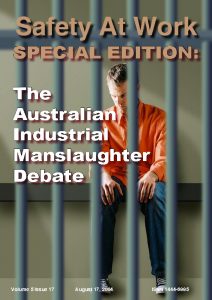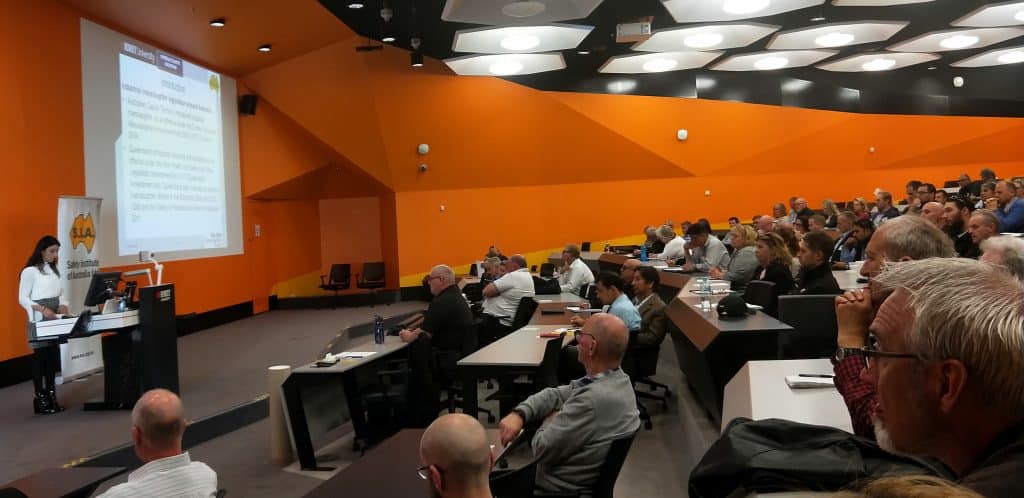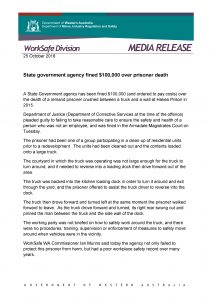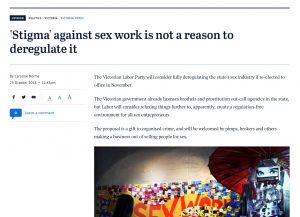 For those Australians who are watching the latest political push for Industrial Manslaughter laws, it is important to remember that the activity has a history that extends over a decade. Many of the current arguments for and against have been addressed previously. In August 2004, the earlier iteration of this blog, Safety At Work magazine, printed a special edition on “The Australian Industrial Manslaughter Debate”. Below is an edited version of my Editorial in that magazine. A longer article on the issues raised in that edition is available elsewhere in the SafetyAtWorkBlog.
For those Australians who are watching the latest political push for Industrial Manslaughter laws, it is important to remember that the activity has a history that extends over a decade. Many of the current arguments for and against have been addressed previously. In August 2004, the earlier iteration of this blog, Safety At Work magazine, printed a special edition on “The Australian Industrial Manslaughter Debate”. Below is an edited version of my Editorial in that magazine. A longer article on the issues raised in that edition is available elsewhere in the SafetyAtWorkBlog.





 In 2017 the Queensland Government was advised to prohibit
In 2017 the Queensland Government was advised to prohibit 